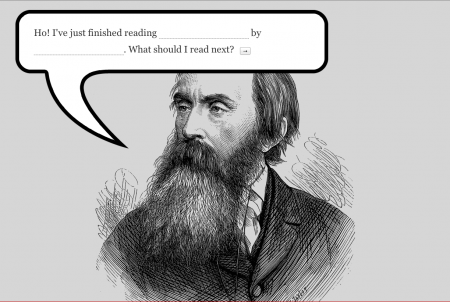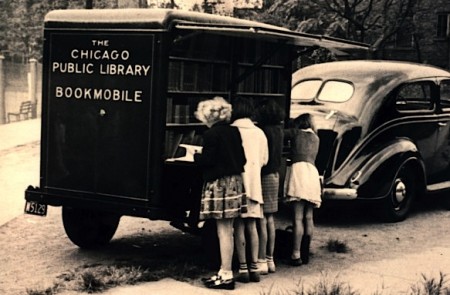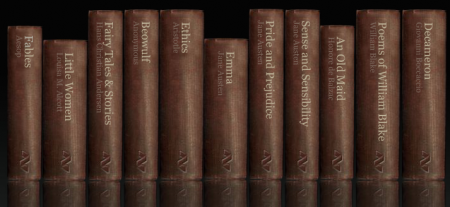Critics Lev Grossman and Richard Lacayo pick the 100 best English-language novels published since 1923‚ the beginning of TIME. And, I’d read whatever Lev tells me to read. I’ve bolded the ones I have read below. I guess this is my new “to-read” list.
See the full article for links and info on how the list was created.
All-TIME 100 Novels
A – B
The Adventures of Augie March
All the King’s Men
American Pastoral
An American Tragedy
Animal Farm
Appointment in Samarra
Are You There God? It’s Me, Margaret
The Assistant
At Swim-Two-Birds
Atonement
Beloved
The Berlin Stories
The Big Sleep
The Blind Assassin
Blood Meridian
Brideshead Revisited
The Bridge of San Luis Rey
C – D
Call It Sleep
Catch-22
The Catcher in the Rye
A Clockwork Orange
The Confessions of Nat Turner
The Corrections
The Crying of Lot 49
A Dance to the Music of Time
The Day of the Locust
Death Comes for the Archbishop
A Death in the Family
The Death of the Heart
Deliverance
Dog Soldiers
F – G
Falconer
The French Lieutenant’s Woman
The Golden Notebook
Go Tell it on the Mountain
Gone With the Wind
The Grapes of Wrath
Gravity’s Rainbow
The Great Gatsby
H – I
A Handful of Dust
The Heart is A Lonely Hunter
The Heart of the Matter
Herzog
Housekeeping
A House for Mr. Biswas
I, Claudius
Infinite Jest
Invisible Man
L – N
Light in August
The Lion, The Witch and the Wardrobe
Lolita
Lord of the Flies
The Lord of the Rings
Loving
The Moviegoer
Lucky Jim
The Man Who Loved Children
Midnight’s Children
Money
Mrs. Dalloway
Naked Lunch
Native Son
Neuromancer
Never Let Me Go
1984
O – R
On the Road
One Flew Over the Cuckoo’s Nest
The Painted Bird
Pale Fire
A Passage to India
Play It As It Lays
Portnoy’s Complaint
Possession
The Power and the Glory
The Prime of Miss Jean Brodie
Rabbit, Run
Ragtime
The Recognitions
Red Harvest
Revolutionary Road
S – T
The Sheltering Sky
Slaughterhouse Five
Snow Crash
The Sot-Weed Factor
The Sound and the Fury
The Sportswriter
The Spy Who Came in From the Cold
The Sun Also Rises
Their Eyes Were Watching God
Things Fall Apart
To Kill a Mockingbird
To the Lighthouse
Tropic of Cancer
U – W
Ubik
Under the Net
Under the Volcano
Watchmen
White Noise
White Teeth
Wide Sargasso Sea
There are a couple of letters there that need attention.
Read more: TIME.com http://entertainment.time.com/2005/10/16/all-time-100-novels/slide/all/#ixzz2nsdhtOyf






